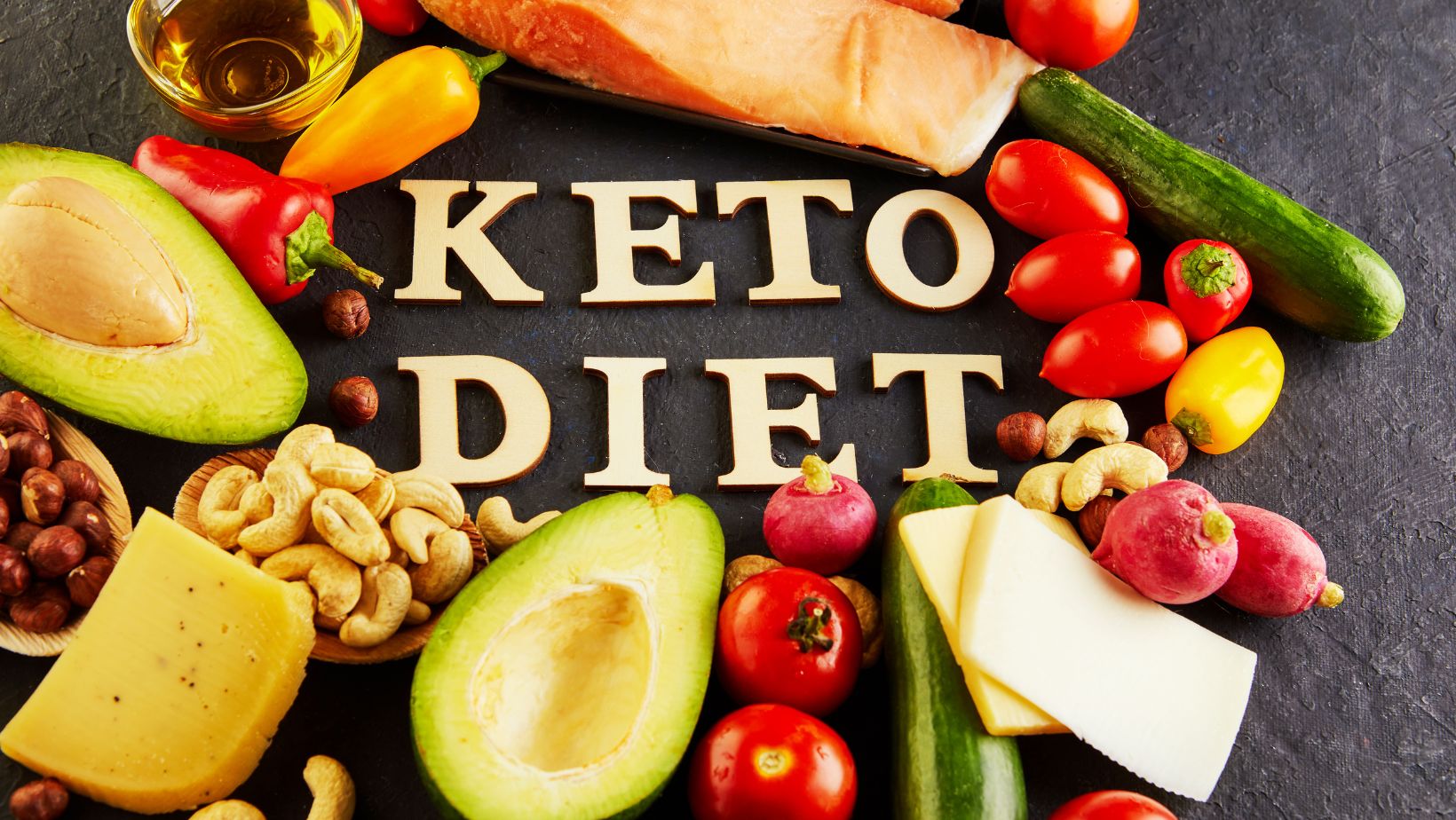
Are olives good for keto? It’s a question that many people following the ketogenic diet often ponder. As an expert in nutrition, I’m here to explore the benefits and nutritional value of olives to help you make an informed decision.
Olives are not only delicious but also pack a punch when it comes to their nutrient content. These small fruits are rich in healthy fats, specifically monounsaturated fats, which are known to support heart health and provide satiety. Additionally, they are low in carbohydrates, making them a suitable choice for those on a keto diet.
One of the key advantages of including olives in your keto meal plan is their high antioxidant content. Antioxidants help fight off harmful free radicals in the body and reduce inflammation. Olives also contain vitamin E and other phytonutrients that contribute to their overall health benefits.
Keto 2.0 Diet For Weight Loss
The Macronutrients in Olives
When it comes to the nutritional value of olives, understanding their macronutrient composition is essential. Olives are primarily composed of healthy fats, making them an excellent choice for those following a keto diet. These fats are predominantly monounsaturated fats, such as oleic acid. Monounsaturated fats have been associated with various health benefits, including improved heart health and reduced inflammation.
Additionally, olives provide a small amount of carbohydrates and protein. While the carbohydrate content is relatively low, it’s important to note that the net carb count can vary depending on factors such as olive variety and preparation methods. However, in general, olives remain a keto-friendly food due to their overall low carbohydrate content.
The Micronutrients in Olives
In addition to their macronutrient profile, olives also offer a range of important micronutrients. One notable micronutrient found in abundance in olives is vitamin E, which acts as an antioxidant and plays a crucial role in protecting cells from damage caused by free radicals.
Olives also contain minerals like iron, calcium, magnesium, and potassium. These minerals play vital roles in various bodily functions such as muscle contraction, nerve transmission, and maintaining bone health.
Are Olives Suitable for the Keto Diet?
Different Types of Olives to Include in a Keto Diet
When it comes to following a keto diet, finding suitable foods that are low in carbs and high in healthy fats can be a challenge. So, where do olives fit into this equation? Let’s explore whether olives are a good choice for those following the keto lifestyle.
Olives are indeed suitable for the keto diet due to their composition and nutritional profile. They are low in carbohydrates and rich in healthy monounsaturated fats, making them an excellent addition to your keto-friendly meal plan. In fact, olives can be seen as a versatile snack or ingredient that provides both flavor and valuable nutrients.
There are various types of olives available, each with its distinct characteristics and flavors. Here are some examples of olives you can include in your keto diet:
- Kalamata Olives: These dark purple Greek olives have a rich flavor and pair well with salads or Mediterranean-inspired dishes.
- Green Olives: Crisp and tangy green olives come in different varieties, such as Castelvetrano or Picholine, offering versatility when it comes to culinary applications.
- Black Olives: Ripe black olives have a milder taste compared to green ones and work well as toppings on pizzas or incorporated into pasta sauces.
In conclusion, including olives in your keto diet can provide numerous health benefits, such as healthy fats, antioxidants, and essential nutrients. However, it’s important to consume them in moderation and be mindful of potential side effects associated with excessive intake. As always, consulting with a healthcare professional or registered dietitian is recommended to ensure that olives fit well within your individual dietary needs and goals on the keto journey.

